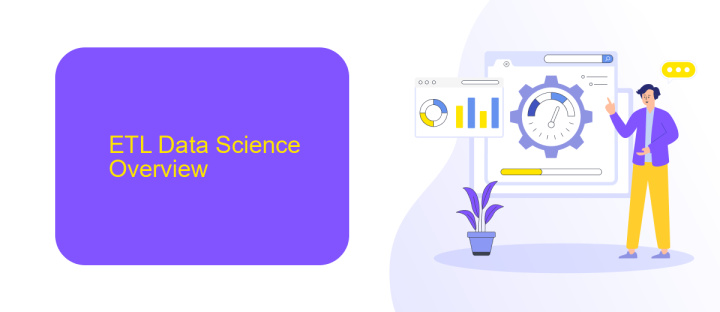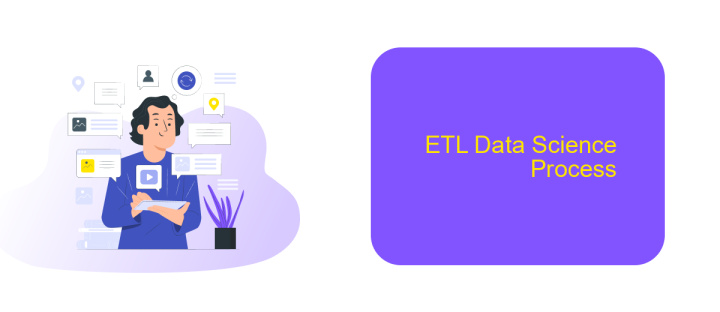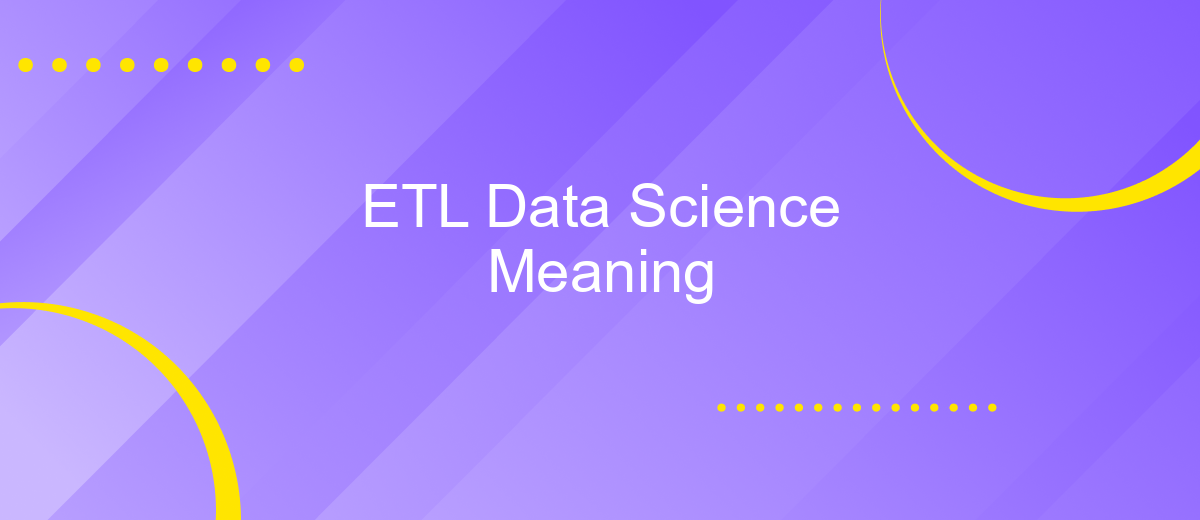ETL Data Science Meaning
ETL (Extract, Transform, Load) is a critical process in data science that involves extracting data from various sources, transforming it into a suitable format, and loading it into a data warehouse for analysis. This process ensures data consistency, quality, and accessibility, enabling data scientists to derive meaningful insights and make informed decisions. Understanding ETL is essential for effective data management and analytics.
Introduction
ETL, which stands for Extract, Transform, Load, is a crucial process in data science that involves the extraction of data from various sources, transforming it into a suitable format, and loading it into a data warehouse or other storage systems. This process ensures that data is clean, consistent, and ready for analysis, thus enabling data scientists to derive meaningful insights and make data-driven decisions.
- Extract: Collecting data from multiple sources such as databases, APIs, and flat files.
- Transform: Cleaning, filtering, and structuring the data to meet specific requirements.
- Load: Storing the transformed data into a target system for further analysis.
Modern ETL tools and services, such as ApiX-Drive, simplify the integration process by providing automated workflows that connect various data sources and applications. These tools help organizations streamline their data pipelines, reduce manual intervention, and ensure timely data availability for analytics. By leveraging such services, businesses can enhance their data management capabilities and focus on deriving actionable insights from their data.
ETL Data Science Overview

ETL (Extract, Transform, Load) processes are fundamental in data science, enabling the extraction of raw data from various sources, its transformation into a suitable format, and its loading into a data warehouse or database for analysis. These processes streamline data handling, ensuring that data scientists can focus on deriving insights rather than managing data inconsistencies. ETL pipelines are crucial for making data accessible, reliable, and ready for sophisticated analytics and machine learning models, thereby driving informed decision-making.
Integrating ETL processes can be complex, but services like ApiX-Drive simplify this task. ApiX-Drive automates data integration by connecting different applications and systems, allowing seamless data flow between them. This service supports a wide range of applications, making it easier to extract data from various sources, transform it according to specific needs, and load it into target systems efficiently. By utilizing ApiX-Drive, organizations can enhance their ETL workflows, reduce manual efforts, and ensure that their data pipelines are robust and scalable.
Key Concepts in ETL Data Science

ETL (Extract, Transform, Load) is a fundamental process in data science that involves extracting data from various sources, transforming it into a suitable format, and loading it into a destination system. This process is crucial for ensuring data quality and consistency.
- Extraction: This step involves retrieving data from different sources such as databases, APIs, and flat files. Tools like ApiX-Drive can facilitate seamless integration and data extraction from multiple sources.
- Transformation: During this phase, the extracted data is cleaned, normalized, and transformed into a format that is suitable for analysis. This may involve filtering, aggregating, and enriching the data.
- Loading: The final step is loading the transformed data into a target system, such as a data warehouse or a data lake, where it can be accessed for analysis and reporting.
Understanding these key concepts in ETL is essential for data scientists to manage and utilize data effectively. By leveraging tools like ApiX-Drive, organizations can automate and streamline the ETL process, ensuring that data is accurate and readily available for decision-making.
ETL Data Science Process

The ETL (Extract, Transform, Load) process in Data Science is essential for converting raw data into meaningful insights. It begins with the extraction phase, where data is collected from various sources such as databases, APIs, and flat files. This data is often unstructured and needs to be cleaned and organized.
In the transformation phase, the extracted data undergoes various operations to convert it into a suitable format. This includes data cleaning, normalization, aggregation, and enrichment. Tools like Python and SQL are commonly used for these tasks. Additionally, services like ApiX-Drive can facilitate seamless data integration by automating the process of connecting different data sources.
- Extraction: Collecting data from diverse sources.
- Transformation: Cleaning, normalizing, and enriching the data.
- Loading: Storing the transformed data into a data warehouse or database.
The final phase is loading, where the transformed data is stored in a data warehouse or database for further analysis. This structured data can then be used for creating reports, visualizations, and machine learning models. Efficient ETL processes are crucial for ensuring data quality and reliability in Data Science projects.


Applications of ETL Data Science
ETL (Extract, Transform, Load) processes are pivotal in data science for efficiently managing and transforming large datasets. These processes enable data scientists to extract raw data from various sources, transform it into a usable format, and load it into a data warehouse or other storage systems. This streamlined data flow is essential for performing accurate data analysis, machine learning, and predictive analytics. By automating ETL processes, organizations can save time, reduce errors, and ensure data consistency, ultimately leading to more reliable insights and better decision-making.
One practical application of ETL in data science is integrating disparate data sources to create a unified dataset. Services like ApiX-Drive facilitate this by offering seamless integration capabilities, allowing users to connect various APIs and automate data transfers without coding. This service helps organizations synchronize data from multiple platforms, ensuring that data is up-to-date and accessible for analysis. By leveraging such tools, data scientists can focus more on data analysis and model development rather than spending time on data preparation and integration tasks.
FAQ
What is ETL in Data Science?
Why is ETL important in Data Science?
What are the main steps in the ETL process?
Can ETL processes be automated?
What challenges are commonly faced in ETL processes?
Apix-Drive is a universal tool that will quickly streamline any workflow, freeing you from routine and possible financial losses. Try ApiX-Drive in action and see how useful it is for you personally. In the meantime, when you are setting up connections between systems, think about where you are investing your free time, because now you will have much more of it.

